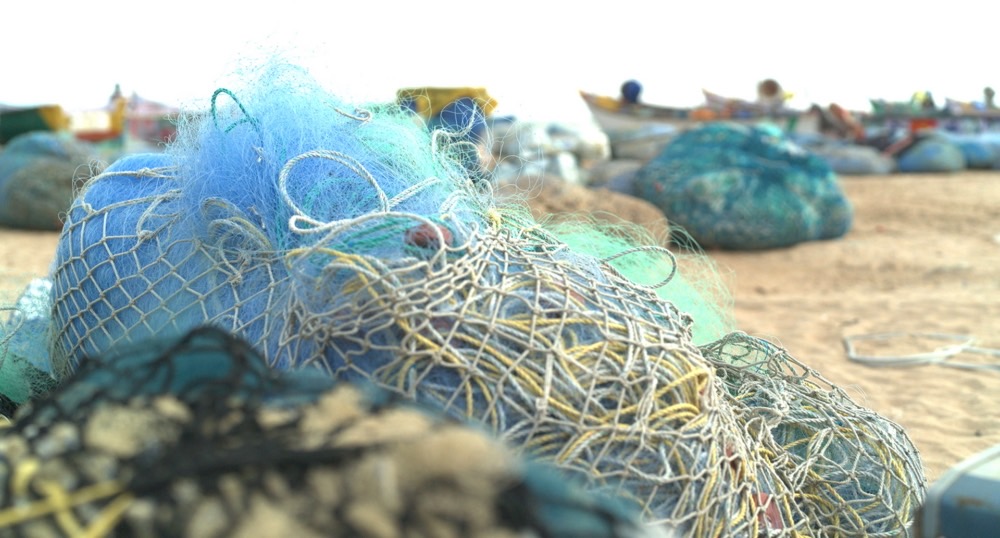Plastic pollution is a massive problem, and the problem has become so bad that scientists have even found melted plastic ingrained in rocks on remote islands in Brazil. The plastic buildup also continues to threaten our oceans. However, a newly discovered plastic-eating bacteria could help undo a lot of that damage.
The bacteria is a common type of bacterium known as Comamonas testosteroni and it is found in sewage and soil sludge. While it might not sound very pretty, this sludge-dwelling bacterium can eat plastic whole. Having a plastic-eating bacteria to work with could help support plastic recycling efforts worldwide.

With over 10 million tons of plastic being dumped into the oceans each year, and over 380 million tons of plastic being used once and then thrown away, the current state of how we handle plastics in the world is pretty dire. But, with a plastic-eating bacteria in our back pocket, scientists could devise ways to help improve the current sorry rate of plastic recycling.
If you thought that plastic recycling was a lot bigger than it is, you’re not alone. Many people believe that more plastic is being recycled than actually is. According to Plastic Oceans, only nine percent of all plastics actually get recycled. That means another 91 percent of plastic is still sitting there, rotting in our world and infecting our planet.
While observing the material, the researchers discovered it is not only able to break down plastics, but it can also break down the compounds found in laundry detergent. The plastic-eating bacteria, they say, is hungry for the carbon that these materials turn into when they break down.
Because the bacteria have a natural ability to break down plastics, the research team believes it could make an ideal candidate for large-scale recycling operations. The researchers published a paper on the findings in Nature Chemical Biology.








